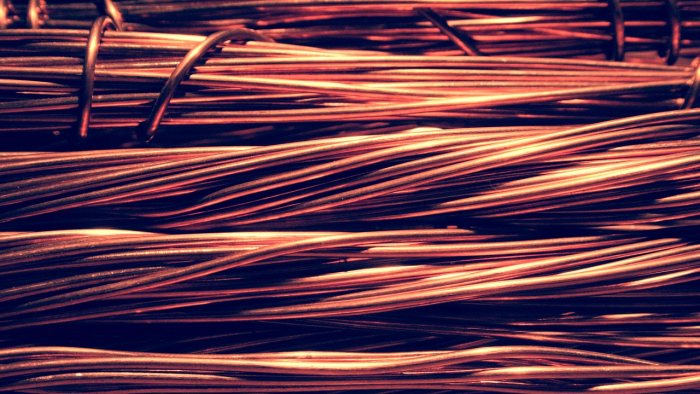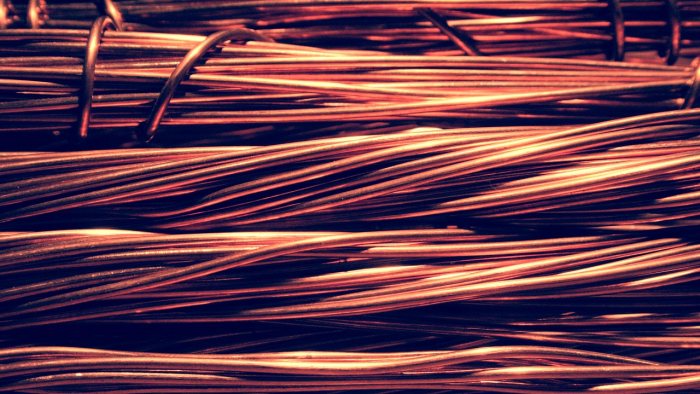If you're looking for a bit of copper wire, NBN Co may be able to help as they appear to have all of it.
Senator Anne Urquhart asked NBN Co how many metres of new copper had NBN purchased to date ( being June 12, 2018).
 Image: disign
Image: disign
The response:
"In answer to Question on Notice 171 from the Senate Estimates hearing in October 2017, nbn reported that 16,600 km of cable had been purchased, primarily to make the connection between node cabinets and pillars. Since that time, an additional 4,478 km has been purchased."
21, 078 kilometres - that's a lot of copper cable. Why is so much of it needed?
Many Australians are being connected to the National Broadband Network via what's called FTTN - Fibre To The Node. In these instances, copper wires from a home connect to the new fibre cable network via a cabinet (node) installed in the street. This can result in speed restrictions if there are a high level of connections to the cabinet.
The Opposition has seized on the copper cable revelation and said the Government's decision to go with a "multi-technology mix" is costing more and doing less.
"There has never been a better time to be a supplier of copper at the expense of the Australian taxpayer," said Shadow Minister for Communications Michelle Rowland MP. "With 21 million metres of copper at their disposal, the Liberals have enough to wrap around Australia one and a half times."
Ms. Rowland said Labor again calls on the Government to abandon its "second-rate" copper rollout wherever feasible, and bring fibre to the curb (FTTC) at a minimum.
While the pros and cons of FTTN will remain the subject of heated debate, some ISPs are avoiding copper altogether - even when getting fibre very close to premises isn't viable or cost-effective. An example is Melbourne-based ISP Lightning Broadband, which uses a fibre/fixed wireless combination to bring blistering fast speeds to these customers. Its current top residential fixed wireless internet plan offers 100 Mbps download and upload - and with unlimited data.
Earlier this year, it was reported less than a quarter of NBN fibre-to-the-node connections will be capable of speeds of 100Mbps or more by the end of the NBN rollout in 2020 - and that's at the wholesale level; other constraints may also come into play impacting on speed.



